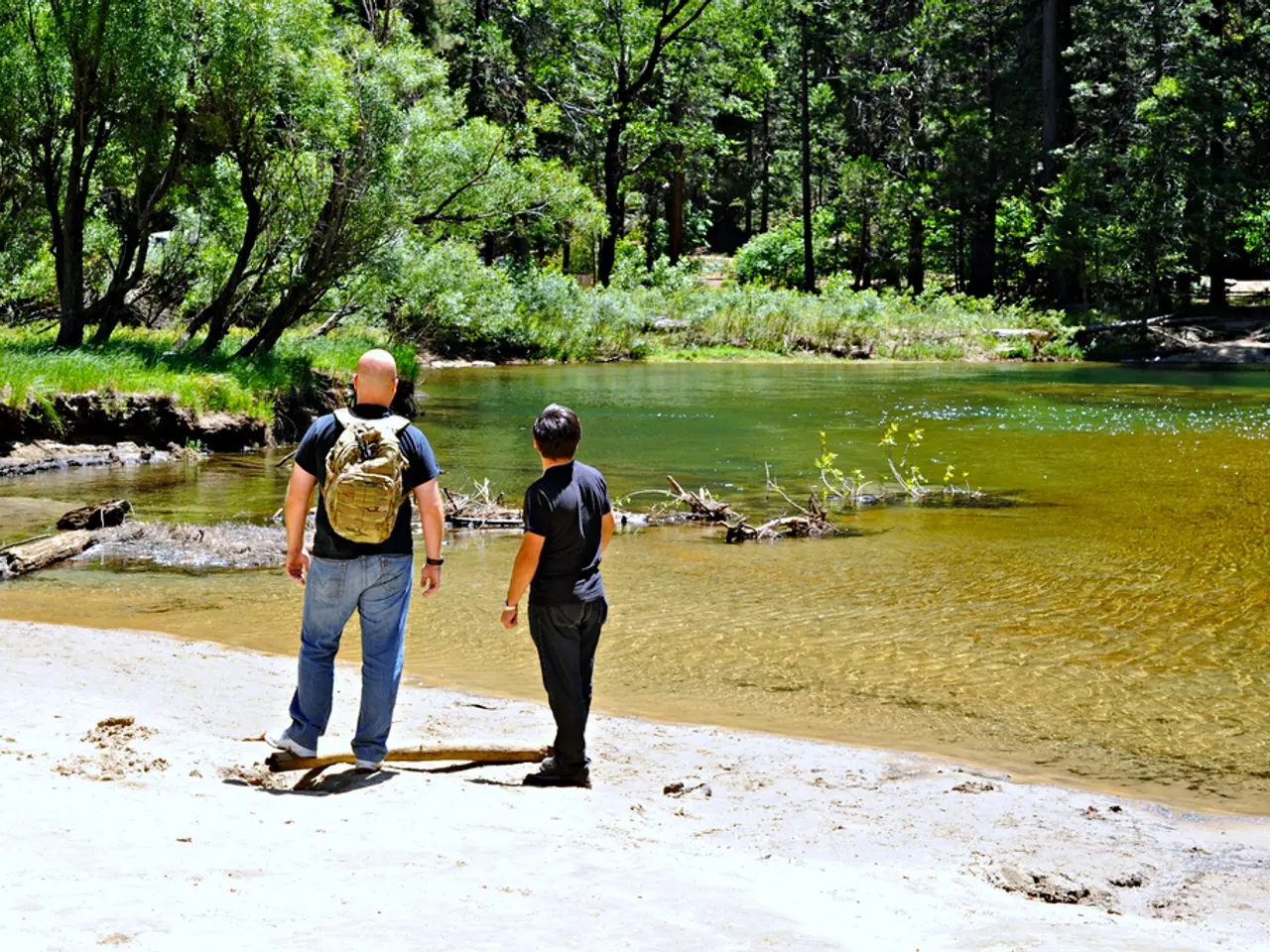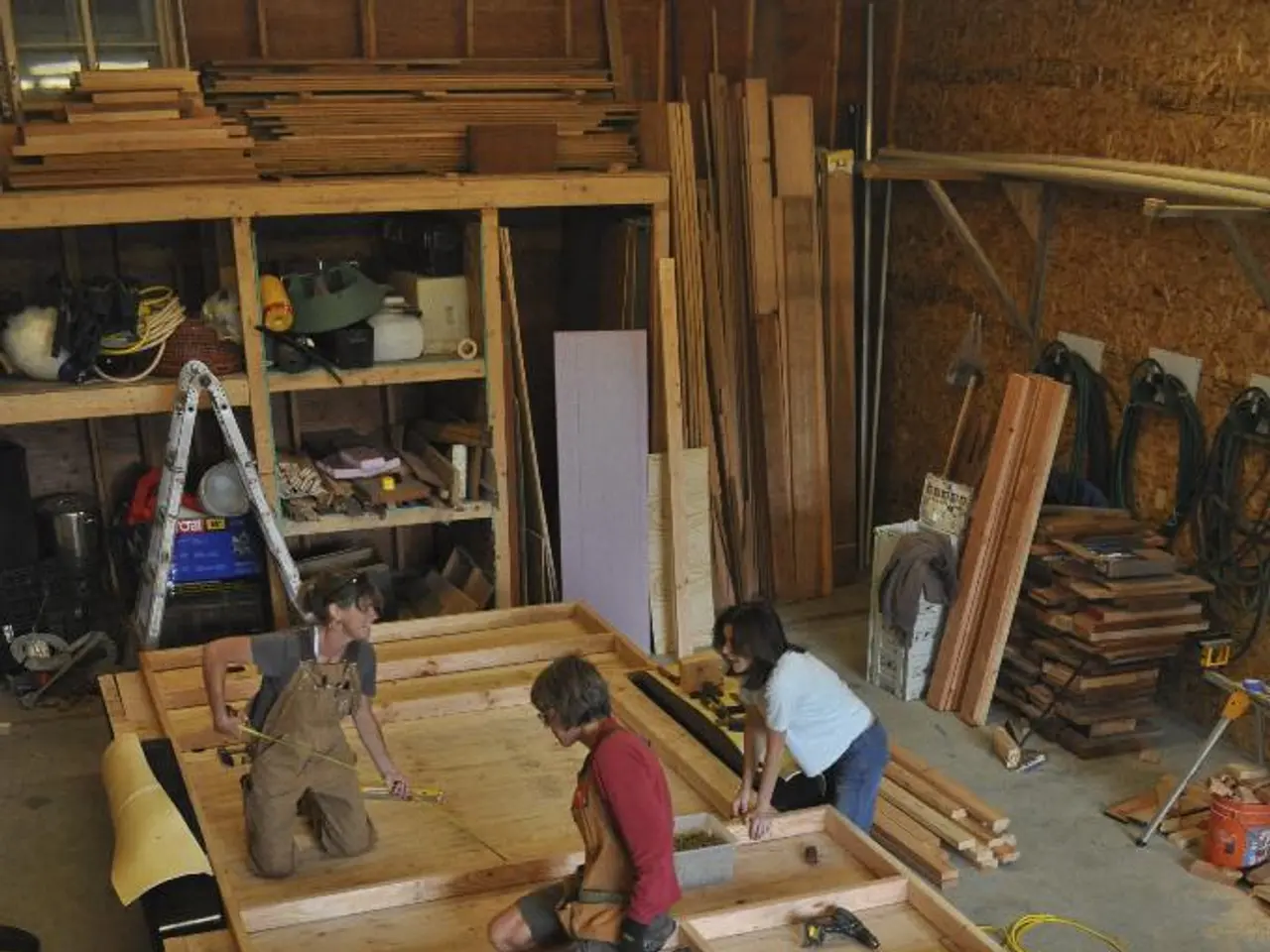Dilma Rousseff ousted from office: Challenges loom for Temer's tenure
**Brazil's Challenging Post-Recession Recovery: Austerity Measures, Political Turmoil, and Ongoing Reforms**
After the impeachment and removal of Dilma Rousseff, President Michel Temer faces a challenging economic outlook marked by the need for structural reforms amid political instability. The post-Rousseff era has been characterised by a severe economic crisis, with GDP per capita shrinking significantly between 2014 and 2016, largely due to a downturn in the commodities market and reduced growth prospects from the previous boom experienced under Lula da Silva.
Temer's administration prioritised economic reform programs focused on austerity measures to rein in the growing government debt and stabilise Brazil's economy. These reforms aimed to restore fiscal discipline and investor confidence after the crisis and political turmoil during Rousseff’s term. However, Temer’s government encountered substantial obstacles, including widespread corruption investigations stemming from the Lava Jato (Car Wash) scandal, which implicated many politicians and officials in graft.
The urgent need for austerity and fiscal reforms is evident in the administration's plans to privatise at least four airports and potentially privatise electricity distribution. Additionally, some of Petrobras' participation in certain projects may be sold, a move that unions strongly oppose. The bill to remove Petrobras' monopoly on oil field development is awaiting approval in congress.
The politically fraught environment has also led to strikes and opposition from unions, particularly in the power sector, where unions oppose the removal of local content requirements. Inflation in Brazil is currently around 12%, and the fiscal deficit stands at around 10% of GDP, further highlighting the need for economic reforms.
Temer is likely to focus on reducing the fiscal deficit by generating investment. IHS expects the Brazilian economy to contract by 3.1% this year, making the need for economic recovery all the more urgent. The president faces the difficult task of passing unpopular reforms to lead Brazil out of its worst recession in a decade.
Meanwhile, President Temer has denied any wrongdoing in the Lava Jato investigation, which named him for receiving illegal funding for his 2014 electoral campaign. The Supreme Electoral Court (TSE) is likely to let the electoral charges against Temer drag through 2017, and he can appeal while legally serving as president.
In an effort to combat deforestation, Lula pledges to stop deforestation and seeks financing from developed nations. A study finds that greater action on deforestation pledges is needed to halt Amazon loss. On a more positive note, Middle East and Brazil trade finance results show growth, while Europe trade finance results are steady.
In other news, MineHub appoints a new chief executive officer, and Banco do Brasil secures Miga guarantee for trade lending, indicating continued support for Brazil's economic recovery efforts. The suspended president, Dilma Rousseff, has been officially removed from office after 61 of 81 senators voted for her impeachment on August 31.
The road to economic recovery in Brazil will undoubtedly be a complex and challenging one, requiring the successful implementation of unpopular reforms in a politically volatile environment. Temer's ability to navigate this path will be crucial in leading Brazil out of its current economic crisis.
- The Temer administration, amidst ongoing political turmoil and investigations related to the Lava Jato scandal, has prioritized economic reforms to restore investor confidence and rein in growing government debt, with a focus on trade finance and business policies aimed at general news.
- President Temer's economic strategies, including austerity measures, privatization of key infrastructure, and proposed changes in Petrobras' role, have faced opposition from various sectors, particularly unions, thus underlining the complexity of the post-recession recovery and the need for policy-and-legislation amendments.
- Despite the challenging economic landscape in Brazil, there are some positive signs, such as growth in Middle East and Brazil trade finance results, indicating ongoing support for Brazil's economic recovery efforts and signaling potential for future business opportunities.




